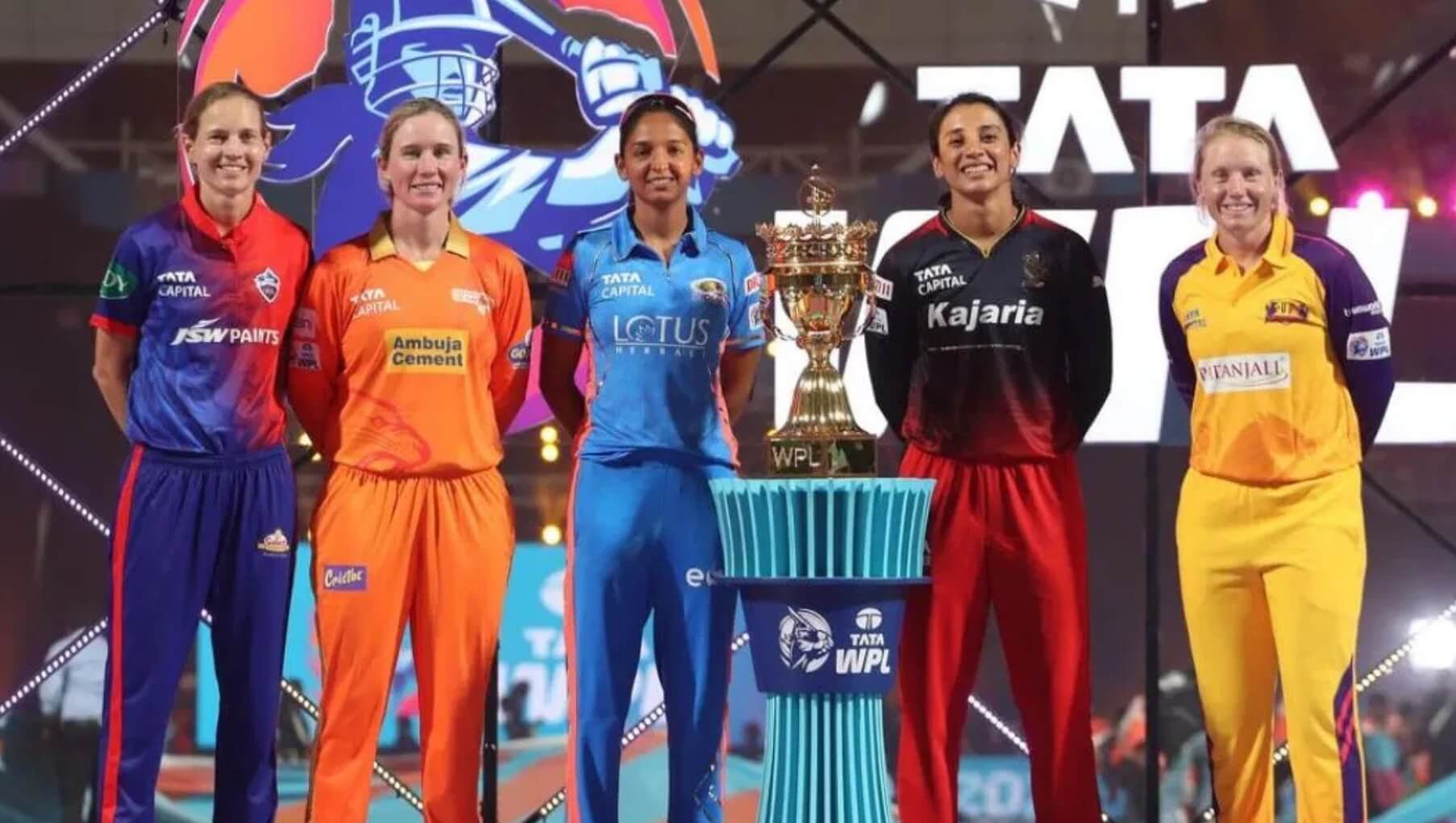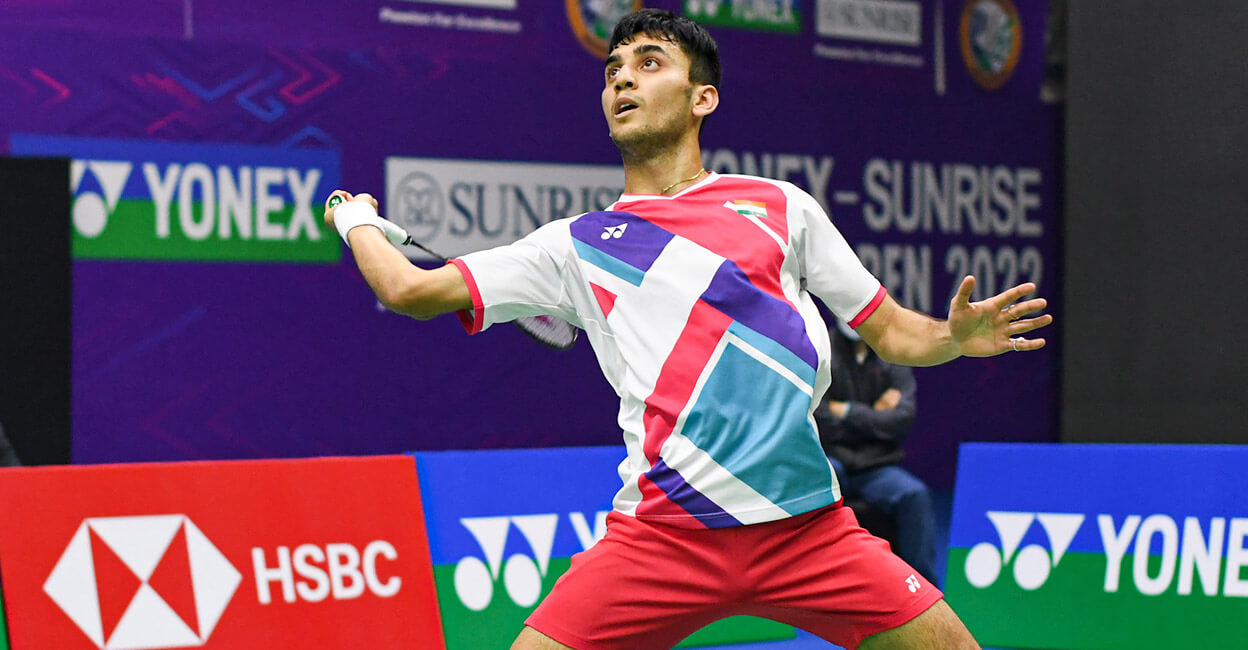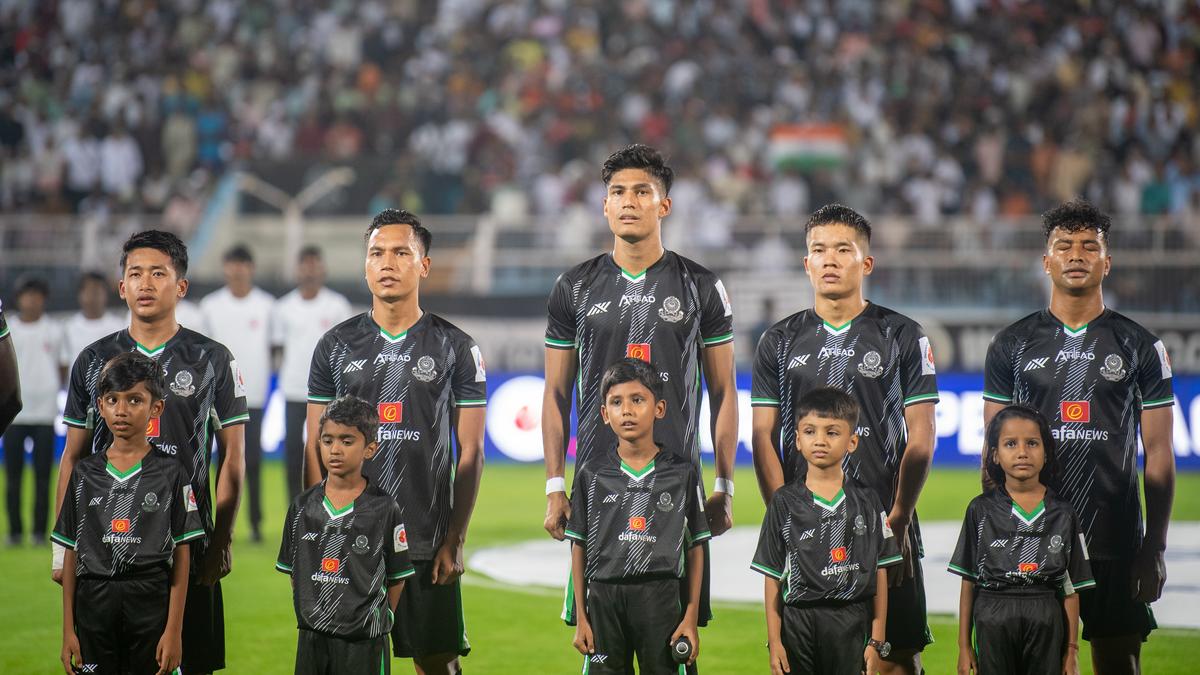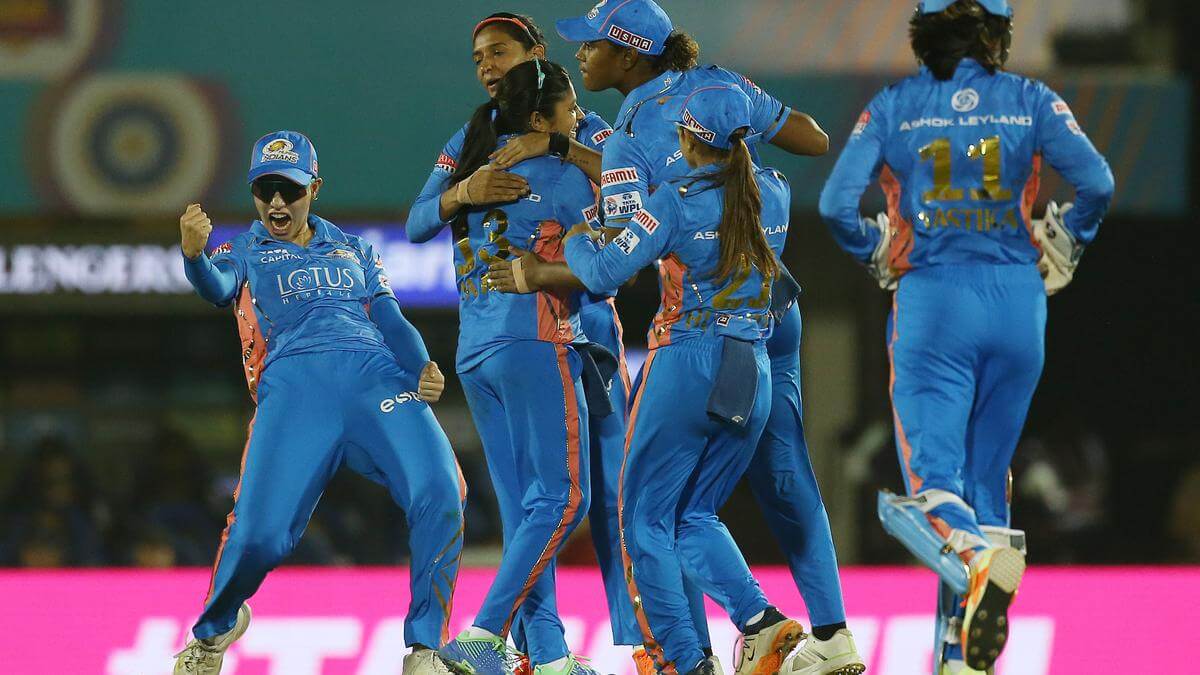Chess blindness dimmed Anand's chances against Carlsen in game 6
Mon 17 Nov 2014

17Nov2014 Agencies : Chess blindness is the failure of a player to discover normally apparent game-winning opportunities or overlook threats, at times making them lose games from position of strength or equality. Those afflicted by this momentary lack of ‘chess vision’ usually end up feeling sheepish after the game, and for many years, if it happens in a big match.
It has plagued top players like Vladimir Kramnik, Anatoly Karpov, Tigran Petrosian and even Wilhelm Steinitz, the first World Champion in the game’s history.On Saturday, both world champion Magnus Carlsen of Norway and his Indian challenger Viswanathan Anand suffered moments of chess blindness during the sixth game of their World Championship clash in Sochi, Russia.However, while Carlsen escaped punishment, Anand’s momentarily lapse resulted in defeat, which pushed him behind once again in the 12-game match. The five-time World Champion, who had fought back superbly after going down to Carlsen in the second game, now trails
2.5-3.5 and will play with black pieces in the seventh game on Monday.Carlsen was the first to commit a blunder when he brought his king into the open, allowing an attack that would have not only cost him at least a couple of pawns, but also opened up his defence. He realised his mistake within seconds but even as he sat poker-faced, his opponent just overlooked the gift and moved a pawn.This moment of chess blindness will haunt Anand for days to come unless he manages to claw back and level scores, like he did in the third game.But Carlsen has the option of choosing a well-prepared opening on Monday and thus steering the game to positions he prefers, which makes Anand’s task difficult in Game 7. More than the chess blindness, what was a bigger worry for Indian fans was that Anand played the last two games as he did in Chennai — passive, uninspiring chess.The rest day on Sunday should be enough for Team Anand to realign his style of play to the one that won him Game 3. Otherwise it may be too late.
2.5-3.5 and will play with black pieces in the seventh game on Monday.Carlsen was the first to commit a blunder when he brought his king into the open, allowing an attack that would have not only cost him at least a couple of pawns, but also opened up his defence. He realised his mistake within seconds but even as he sat poker-faced, his opponent just overlooked the gift and moved a pawn.This moment of chess blindness will haunt Anand for days to come unless he manages to claw back and level scores, like he did in the third game.But Carlsen has the option of choosing a well-prepared opening on Monday and thus steering the game to positions he prefers, which makes Anand’s task difficult in Game 7. More than the chess blindness, what was a bigger worry for Indian fans was that Anand played the last two games as he did in Chennai — passive, uninspiring chess.The rest day on Sunday should be enough for Team Anand to realign his style of play to the one that won him Game 3. Otherwise it may be too late.
No Comments For This Post, Be first to write a Comment.
Most viewed from Sports
AIMIM News
Delhi Assembly polls: Owaisi leads Padyatra in Okhla
Feb 01, 2025
We reject this Waqf Amendment Bill: Asaduddin Owaisi
Jan 30, 2025
Latest Urdu News
Most Viewed
May 26, 2020
Do you think Canada-India relations will improve under New PM Mark Carney?
Latest Videos View All
Like Us
Home
About Us
Advertise With Us
All Polls
Epaper Archives
Privacy Policy
Contact Us
Download Etemaad App
© 2025 Etemaad Daily News, All Rights Reserved.





.jpg)
.jpg)























